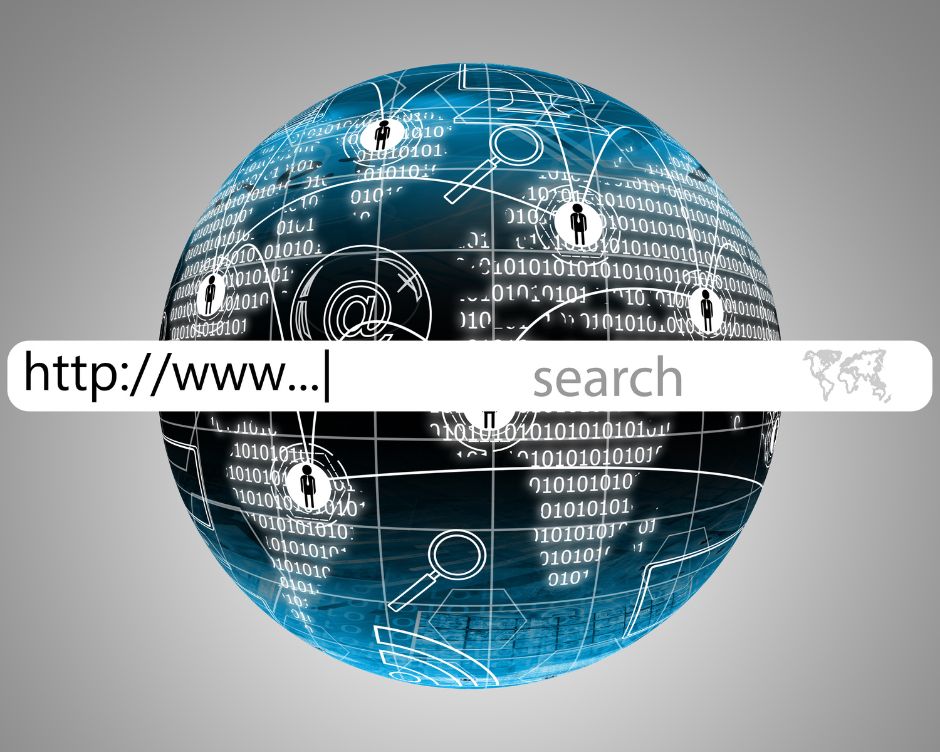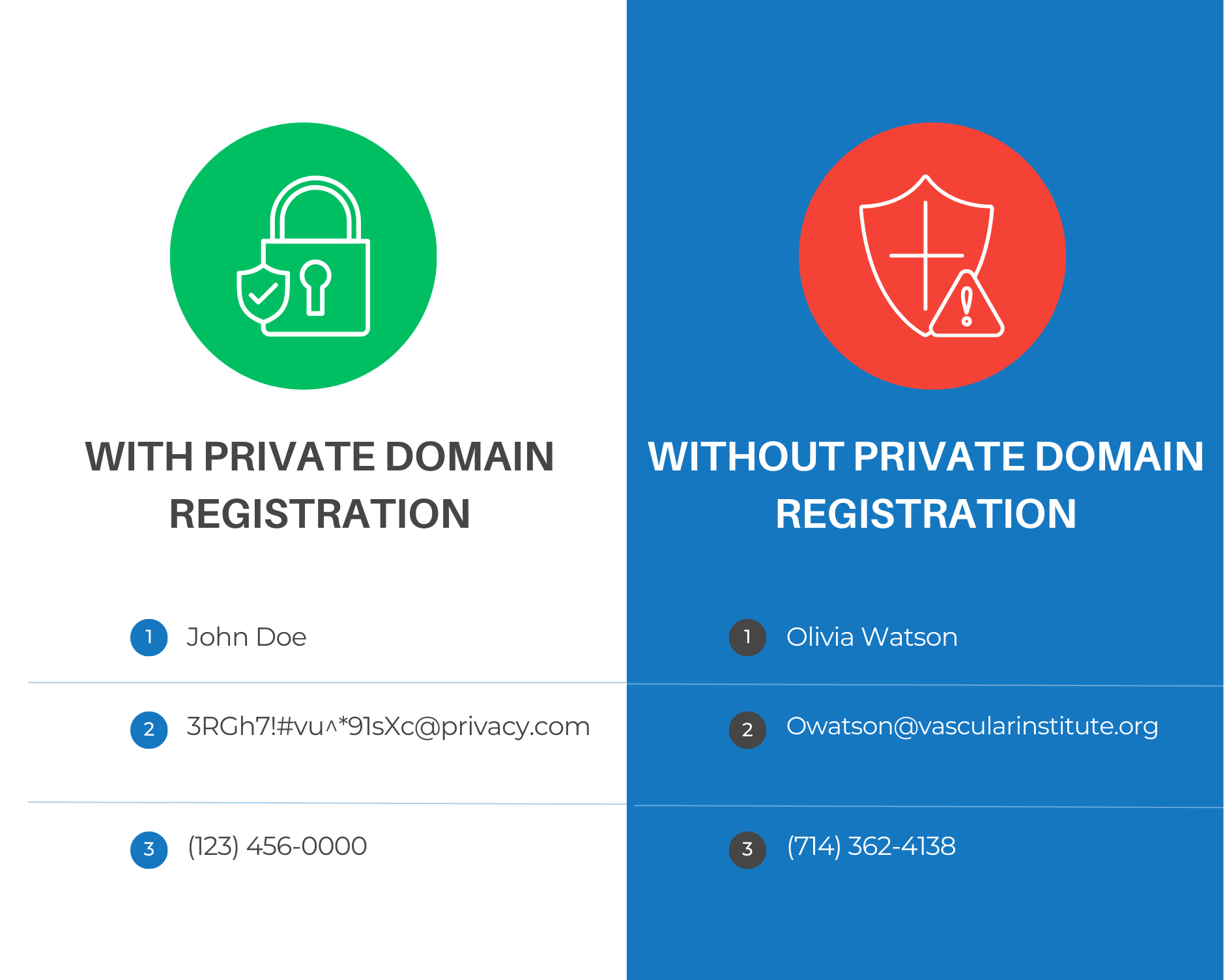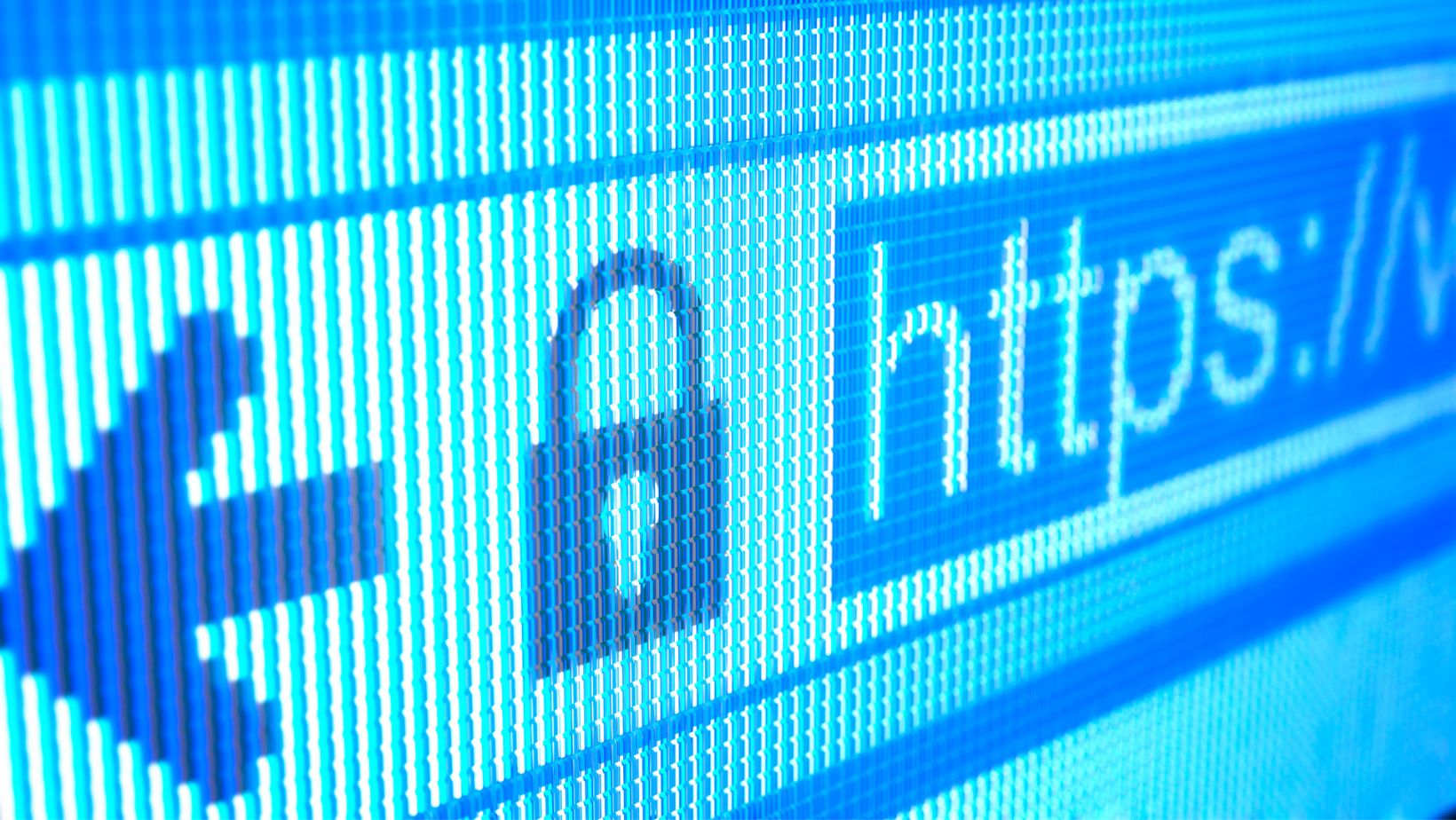Registering a website domain is typically one of the first steps a new business will take when establishing an online presence. After officially registering a website name, it is automatically listed on the public WHOIS database. Then, you can choose to list your information publicly, or opt in for a private domian registration.
Private domain registration is a feature you can choose to add on to your domain name. Though it does come at a small additional cost, private domain registration hides your personal information on the WHOIS database. Private domain registration can be extremely helpful for individuals who value their privacy. However, is it necessary for everyone?
What is a Web Domain?
A web domain is the name associated with your website’s address online. It is a unique identifier that makes your organization stand out among its many competitor’s on the internet.
The official name of your website is easy to find. In the search bar of your internet browser, the web domain is listed after “HTTPS://…”.

Without a web domain, your website would be listed as an IP address, which is a long string of numbers. However, this is difficult and inconvenient for users who could be searching for your website to remember. Make your site memorable with a unique website domain!
Private vs. Public Domain Registration
First, you’ll purchase your web domain with an official domain registrar. Then, you’ll need to provide personal information to attach to the domain.
WHOIS is a database that stores and registers your information after you purchase a domain. Similar to a directory, they gather and list things such as your name, address, phone number, or email.

This information is public and, as a result, can be obtained by anyone that has access to the internet. This is known as a Public Domain Registration, hence the name.
It may not cost you any money to publicly list this information. However, you do run the risk of potentially dangerous security threats.
People that value their privacy may not feel comfortable with having their personal information listed publicly. It can be worrisome to have it readily available to anyone who wishes to search for it. Luckily, there is a solution.
If you do not want your information available to the public, you can opt in for a privacy feature. Private domain registration is a security feature you can purchase for a small additional cost. It makes your information anonymous on the WHOIS database. Instead, it will display proxy information, like the example listed below.

In short, a Public domain registration makes your information readily available on the internet when you purchase a web domain. Private domain registration, on the other hand, keeps your information stored on the WHOIS database, but does not list it publicly. Whether you are looking to protect yourself from potential hackers, or just prefer to keep your information hidden, a private web domain is a great way to prioritize data security!
Do I Need Private Domain Registration?
Understanding the difference between private vs public domain registration is important. It can help you decide whether or not you’d like to have your information listed publicly online. Sometimes, businesses are legally required to keep their information hidden from public view. Other times, however, it is just a personal preference for those who value their privacy.
HIPAA Compliance
If your website handles Protected Health Information (PHI) in any form, then private domain registration is mandatory to maintain HIPAA compliance. Under HIPAA laws, PHI is individually identifiable health data. It is unique and may include a patient’s full name, phone number, email address, and much more.
HIPAA regulations apply exclusively to healthcare entities and their Business Associates (BAs). Therefore, both parties are legally required to implement certain safeguards to secure PHI. These policies and procedures are outlined under the HIPAA Security Rule.

Private domain registration is one way healthcare providers can maintain HIPAA compliance. This is because it keeps their information anonymous on the WHOIS database. As a result, Hackers are not as likely to find their information.
They are unable to bombard them with spam emails and unsolicited phone calls. Thus, they significantly minimize their risk of a data breach.
Data Security
Even if you don’t handle PHI on your website, a private domain registration may benefit you. In addition to complying with HIPAA laws, private domain registration is necessary to keep your personal information protected from security threats.
For example, potential spammers could use the WHOIS database to lookup your email address. Then, they could attempt to flood your inbox with spam emails that could result in a data breach. In fact, in 2022 alone, 36% of all data breaches occurred because of phishing emails.

Data breaches can be devastating, and extremely costly, for your organization. Therefore, taking the proper steps to secure your information online through a private domain registration is crucial. It could be a life saving practice for your business.
Private Domain Registration at EnGuard
At EnGuard, we don’t believe in data security for the sole purpose of HIPAA compliance. Rather, as an ethical responsibility to maintain the integrity of your confidential information.
In addition to finding the perfect domain, our customer support team will take care everything. Whether you are transferring your domain, or creating a new one, our domain registrars offer private registration and will maintain the upkeep your domain requires!

Even though you cannot control the fact that your data is collected when you buy a web domain, you can control who views that data. Private domain registration provides an added layer of security by keeping your information hidden from the public eye.
We believe this is essential to high quality privacy protection, which is why we include at no additional cost to you. Register your domain with EnGuard today. We offer hosting plans that will fit your business’ needs. You can rest assured that your private information is safe and out of reach from a data breach!

